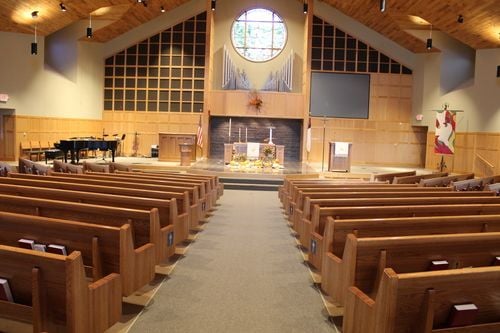Just over half of interviewees (51%) in a Cultural Research Center at Arizona Christian University study, who identified as “people of faith,” responded that they are likely to vote in the presidential election between former President Donald Trump and Vice President Kamala Harris. The “people of faith” label is given to those who identify with a recognized religion, such as Christianity, Judaism, Mormonism or Islam.
The study found that approximately 104 million people under the “people of faith” umbrella are not expected to vote this election, including 41 million born-again Christians and 32 million who regularly go to church.



When I don’t vote in the upcoming US elections, my lack of a vote will not become one vote for either candidate. I will cast no votes, and the fact of my existence will not be measured on any ballot or counting system.
By not voting for the candidate you prefer, the candidate you prefer gets one fewer votes. That’s it.
That is accurate in a theoretical bubble, but in practice, in a two party system, in an incredibly close race, it’s simply not true.
I do vote. I cast one vote. I don’t vote. I don’t cast one vote.
That is, objectively, the entirety of the truth on the matter.
Please explain to me how me not voting Democrat creates an extra vote for the Republicans. The votes for the Republican candidate(s) remain(s) the same. The difference between the votes is different, of course, by that one vote.
I would point out that the difference between the two votes is the number that matters.